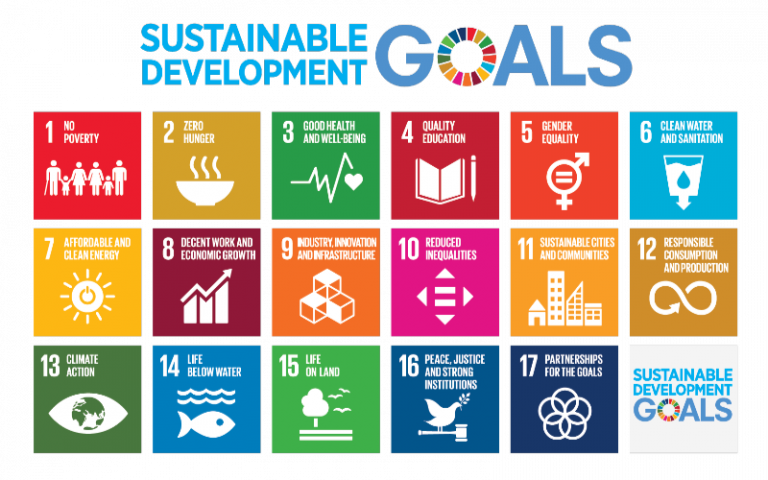Mapping development pathways for science, technology and innovation that best address the UN Sustainable Development Goals
The United Nations Sustainable Development Goals (SDGs) are a comprehensive, internationally agreed-upon set of objectives aiming to vastly improve economic, social and planetary well-being. Science, research, technology and innovation are directed and shaped, they don’t just happen and they play crucial roles in addressing the SDGs. However, due to uncertainties, entrenched interests, distributed priorities in science and innovation, and complex interconnections between the Global Goals, the potential contributions of science, research, technology and innovation remain complex and elusive.

Funded by UKRI and led by Professor Joanna Chataway at UCL STEaPP and Professor Andy Stirling and Dr Tommaso Ciarli at the Science Policy Research Unit (SPRU) at the University of Sussex, a consortium of seven leading universities, research centres and the UNDP are working together to better understand the ways in which science, technology and innovation contribute to meeting the Global Goals in Low and Middle-Income Countries.
Global and local policy and civil society organisations may benefit from a better understanding of the variety of science, research, technology and innovation pathways that could contribute to SDGs.
Equally important will be the processes through which interested and affected communities can participate in research and innovation processes, to help ensure the most effective outcomes for the most vulnerable people and at the local level.
Methodology
To help steer global efforts, the project will develop an integrative framework to map the complex relations between research in science, technology and innovation (STI) on the one hand, and the SDGs on the other. It will consider the synergies, competing priorities, trade-offs, and the main actors at local, national and global levels.
This will involve:
- multiple forms of engagement with a diverse range of international experts and stakeholders to identify the key areas of research and innovation, and their past and future relations with SDGs;
- systemic data analysis, to map and visualise research and innovation activity through time and across countries, in relation to SDGs;
- case studies in India, Sub Saharan Africa and Latin America to study micro and institutional mechanisms;
- the development of policy pathways to align investments in science, technology and innovation to contribute to SDGs.
Impact and outreach
A full report will be published at the end of the project. The result will be an unprecedented mapping of how different areas of research in science, technology and innovation relate, positively or negatively, to different SDGs and to their complex inter-linkages.
The project team will also appraise in particular areas, specific future research and innovation pathways which may better align with the aims of the SDGs.
We expect that the project will help empowering more effective policy actions as well as more inclusive political and technical debates about the possible roles for science, research, technology and innovation in meeting the SDGs by 2030, and the best ways by which this might be achieved across different contexts. The research will provide evidence, tools and guidelines to this end.
Results will be useful for both social scientists interested in understanding and reorienting the role of science, research, technology and innovation to achieve the SDGs, and natural scientists interested in understanding the socio-technical relations that link research on specific topics to potential advances in SDGs.
More broadly, the academic community will learn more about how distributed policy, economic and scientific choices about research topics may be more or less aligned with the SDGs. This is an important aspect of evaluating research that is not only relevant to scientific outputs but also to societal goals.
Video
Professor Joanna Chataway took part in a panel discussion on the challenge of aligning research funders’ priorities, when selecting and funding scientific research, to societal needs, organised by SPRU, University of Sussex and chaired by Professor Andrew Stirling.
 Close
Close

